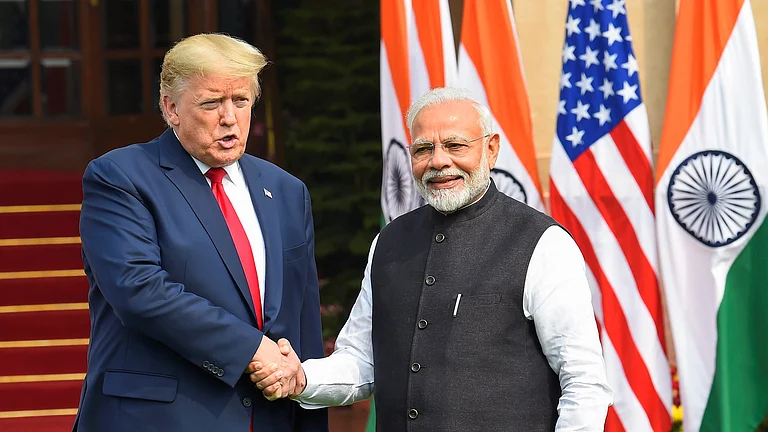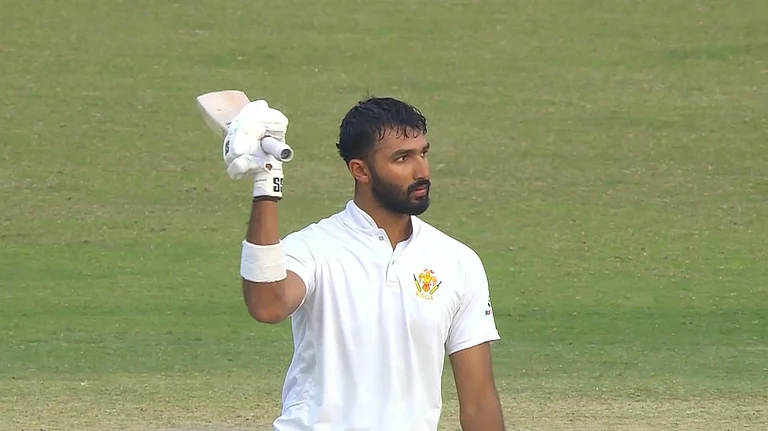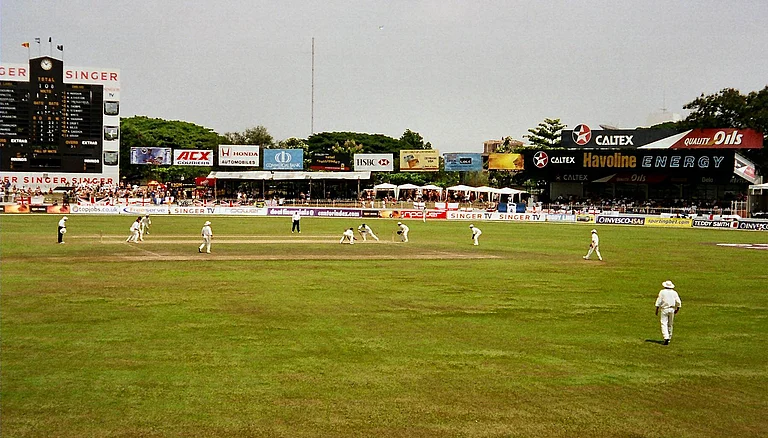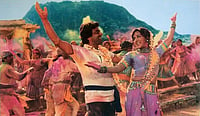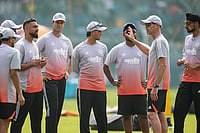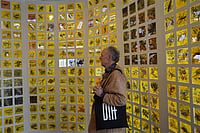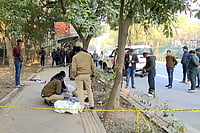Once democracy was a timeless test match played between Congress and the Rest of India. The Congress always won. The good teams were made up of educated players, nearly always literate in English. They paid lip service to the rules of secular democracy and cheated discreetly. The captains and most of their chief lieutenants came from the same class that supplied recruits to the higher echelons of the civil service. This elite was committed to universal adult franchise, it had written the People into the Constitution in 1950, but it tended to think of elections and the popular vote as We-the-People writing in, a card every five years that helped them keep in touch, a bit like New Year's greetings. This was democracy enough; it was even radical when you considered that before 1947 they wouldn't have been allowed to lick the stamps.
But like most Tests, the five-year game failed to produce results and Indian democracy evolved in ways pioneered by one-day cricket. Democracy in the long haul, Mahalanobisian planners squinting at a receding horizon, the business of governing between elections five years apart, all this began to seem abstract, tedious, futile. People began to want more matches, quick changes in the team, specialists who knew how to win elections even if they weren't interested in the fine print of administration. Most of all, they wanted a result—on TV. So democracy in India was pared down to its most essential and most exciting feature, elections.
Televised election specials have done for Indian democracy what Kerry Packer and Australia's Channel 9 did for cricket. Richie Benaud's strike-rate is Prannoy Roy's swing vote. Both use bar charts to make simple information simpler and both are watched late into the night by viewerships obsessed by results, climaxes and spectacle. There's a decent case for saying that Indians vote unstable coalitions to power so they can watch them fall on television.
Before getting sniffy about instant politics, we should look at the good instant cricket did. It brought larger audiences when interest in Test cricket was declining steeply. By de-mystifying the draw it made the game more competitive. It made cricketers affluent professionals. It encouraged the middling all-rounder and allowed India to win the '83 World Cup. We should be grateful. Contemporary Indian democracy has similar virtues. Gowda and Gujral did rather better during their tiny terms than many of their durable predecessors and Vajpayee's 13 days, given that two of them were shown live on TV, provided more entertaining instruction to the electorate than any government before it.
The Congress years, reinforced by the charisma of the Nehru family, mystified Indian democracy by persuading Indians that the party was an umbrella that sheltered everyone. When people realised that some Indians still got rained upon more than others, they took to rationing time at the top: from the 17-year tenures of Nehru and his daughter to Vajpayee's 13 days in office, the Indian electorate has made its preference for the shorter game explicit.
Given the rapid turnover of governments in recent times and the unprecedented coverage it has received, especially on television, the Indian electorate has had an opportunity to see how the system works close-up. This intense public scrutiny, together with the absence of an entrenched dominant party, has allowed the Election Commission and the Supreme Court to assert themselves and has immeasurably improved political umpiring.
Familiarity with the system has bred contempt. Unimpressed by a rhetorically inclusive system that patronises them or effectively shuts them out, the generic People have begun to suggest specific changes in the rules to level a slanted playing field. One proposal wants a third of Parliament's seats reserved for women; a counter-proposal wants a proportion of these women's seats reserved for women from the backward classes. Orthodox democrats are horrified: shortcuts to a more representative system will ultimately distort the free expression of the People's will.
In just such accents had Lords reacted to one-day restrictions on the number of overs one bowler could have or on field placements. Cricket's expansive soul, moaned the MCC, would be destroyed by quick-fix merchants like Packer in their search for canned excitement. What actually happened was that millions more people came to see a simple, competitive game that they could understand, that produced more brilliance in one day than most Test matches supplied in five. If that's the way Indian democracy's headed, we should be cheering.







